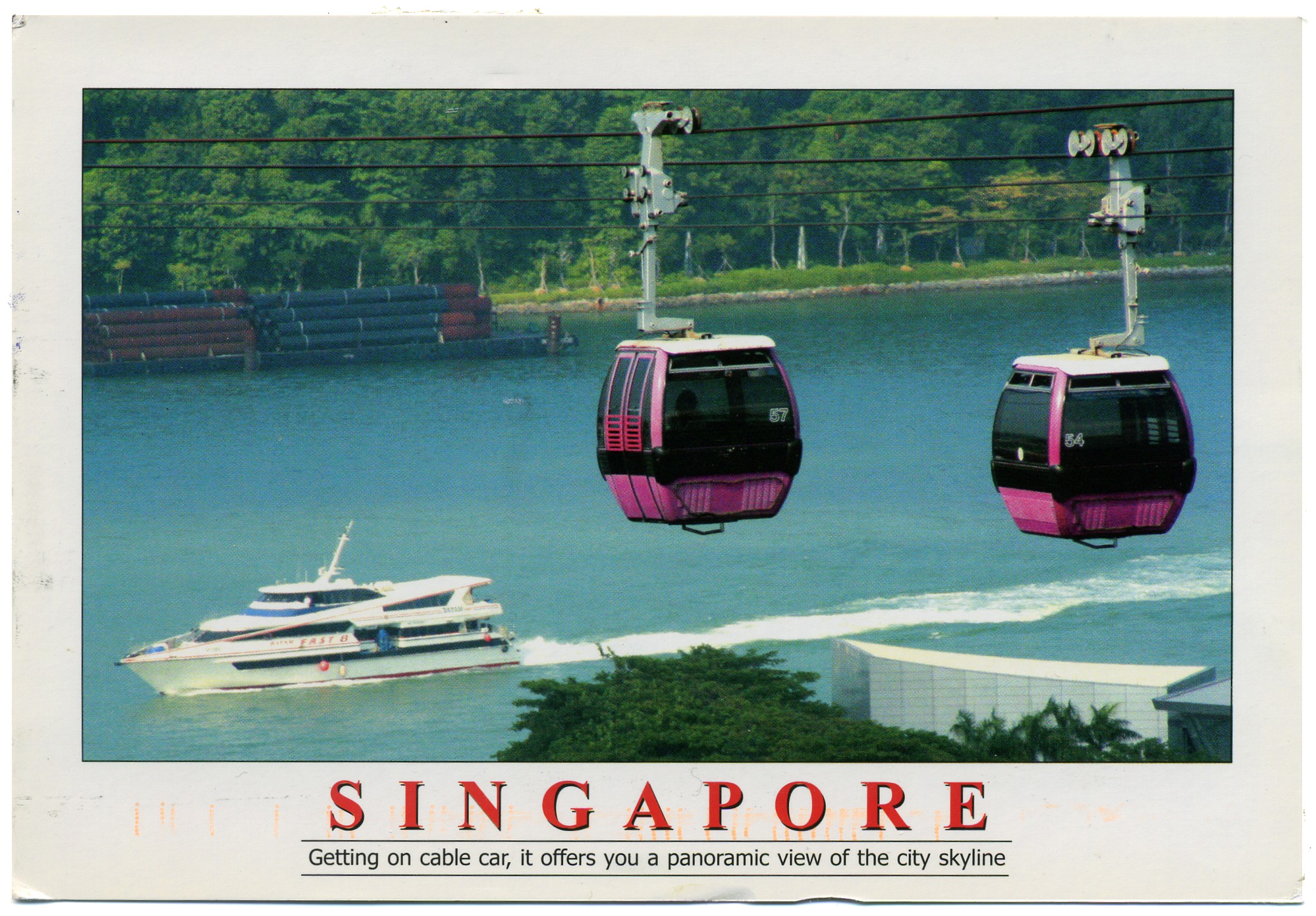As a Singaporean studying Thai politics, I often get a mix of curious looks and questions when I talk to fellow academics about it, such as “Do you speak Thai?” (Answer: Barely enough) or “What do you know about Thailand?” (Answer: I’ve read almost every academic work on it in the English language). This initial puzzle is then quickly dissolved through self-rationalization by these people whom I converse with, when they make statements such as “Yes, Thai politics is very interesting these days” to “You should study about corruption in the Red / Yellow shirts”.
I suspect that this awkward curiosity about me, which I fully understand about myself, is that I am neither a farang nor a Thai. I am not a true farang because I am not white, and I am not a Thai because I cannot identify myself as Thai in any way possible (e.g. no citizenship, no parental links, no language link, no cultural link, except maybe my love for Thai food). Perhaps, for most people, a white farang might be justified in studying Thai politics because of the historical imagination of the colonial farang taking an interest in the mystic of the “Orient”. And, a Thai might be justified in studying Thai politics because it is natural for one to care about one’s country. As a Singaporean with a distinctively Asian face and brown-yellow skin, I fall into neither category.
I fell into this “third unique non-category” when I first embarked on a humanitarian trip to Phayao Province in Northern Thailand some 10 years ago, when I was still a na├пve 17 year old teenager. The trip was organized by my high school, as part of a larger program to sensitize privileged Singaporean children like me who live in “developed” country to the harsher realities of poverty in our neighbouring countries. Dressed up as a “overseas community service learning experience”, perhaps the “smart” school authorities thought that by learning about how poor our neighbours were, that we might be further “grateful” for Singapore’s own achievements. At that time, the fad for humanitarian trips to poverty-stricken areas in China had not yet taken off, so Thailand it was.
I still continue to have clear memories of what transpired in the week long trip to a YMCA Centre in Phayao Province. We were told that the children (mostly around ten years old or less) housed there were kept safe from their parents who had too many children, and who typically sold their excess children to human traffickers to take to Bangkok for prostitution. As with the stereotype of poverty, we were told that both children and parents fell easily to the lure of alcohol and drugs. I still remember that we Singaporean children were brought to “visit” the hilltribe village near the YMCA Centre on a bus, and were made to peer through the bus windows at their quaint wooden houses and large ceramic vats for holding water, not at all allowed to come down from the bus to come into contact with said poor villagers.
In that week, we accomplished much at the YMCA Centre. We played games with the children, taught them English children songs, painted their dormitories, built a concrete fence around their compound, cooked breakfast, lunch and dinner, and successfully dramatically reduced the overall population of houseflies in the kitchen by trapping them on glue-covered chopsticks kept upright in cups of sand. Our hosts fed us like kings with platefuls of fried fish, chicken and lots and lots of rice. They organized a “festival” at the basketball court within the grounds of the centre where I had my first amateur Muay Thai experience in a fake boxing ring — top half naked, weird bandana-ish string for my head, boxing gloves hastily put on, pray to four corners of the ring, and a laughingly bad fight with a pudgy local boy half my size. Lots of time was spent playing basketball at that very same basketball court.
My memories also included conversing in Hokkien (or was it Teochew?) to the elderly village man who helped us to build the concrete fence around the compound. As with many emigrants in Southeast Asia who have ancestors from Southern China, this elderly man was no different from my own grandparents. As the only Singaporean who could vaguely converse in dialect, I was tasked to communicate with this elderly man to get the work done. Instructions were passed, jokes were exchanged, and the serendipitous delight of finding a common language savoured.
Tearful goodbyes marked the end of the short inter-twinning of our lives. From time to time, I often wonder how the children have grown up and what they are doing. Perhaps they joined in the various protests in Bangkok? Perhaps they were engaging in the “rural constitution” of Thailand? As much as our combined experiences help shape what I am today, I hope that, in some way or another, I was a useful contribution to their lives too.
Elivin Ong is a graduate student at St. Antony’s College, Oxford. Image courced from wildpostcards.com.
 Facebook
Facebook  Twitter
Twitter  Soundcloud
Soundcloud  Youtube
Youtube  Rss
Rss 